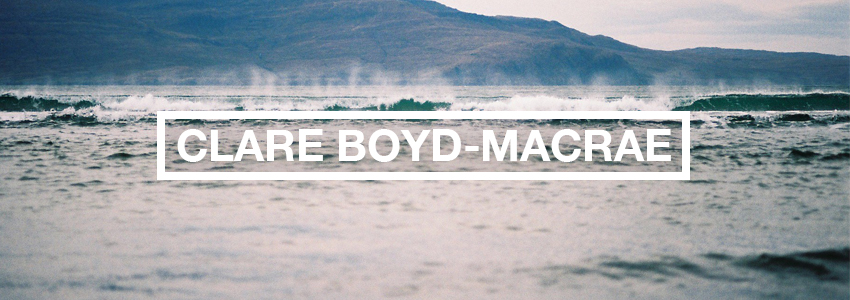The cat's pyjamas
 Sunday, June 14, 2015 at 06:01AM
Sunday, June 14, 2015 at 06:01AM There can be few sartorial experiences more delicious than getting a new pair of pyjamas that are perfect for you.
I spend an ever-increasing proportion of my life in my sleeping attire; it’s just so damn comfortable. I grew up in a country where this is the norm, at least for men. Our English word ‘pyjama’ comes from Hindi (say it in an Indian accent – it works) and in the northern states of the Subcontinent, when blokes come home at the end of a hard day at the office, they change out of their work attire and put on those lovely light, loose pyjama pants that are usually made of fine white cotton and tie with a draw string waist. Bliss.
The minute I come home at day’s end, all I want to do, after my cup of tea, is to take off my smart stuff, hop in the shower till I’m clean all over and get in something utterly loose, daggy and comfortable. An old nightie or boxers and a T in summer; in winter, cosy flannelette. When I get into these, I feel like a little kid again – warm and clean, safe and cosseted.
In the last feels-like-one-hundred years, while menopause has rendered my nights a sweaty misery, keeping warm has not been an issue. Maybe I am getting to the end of this stage, but during the first few, bitter nights of official winter this year, I was frozen, and knew it was time to buy PJs. The ones I bought three years ago are threadbare and holey and just don’t work anymore.
My new ones are not flannelette, nor did I get them at Target. This time, I lashed out and went to Muji, a Japanese store for clothes and home goods that can be found in the new Melbourne Emporium. The last thing we need in this town is yet another convocation of glitzy shops for unnecessary things; Muji, however, is gorgeous. My daughter-in-law worked there briefly last year, and I used to pop by to say hi; I stayed for the merchandise. Everything in the shop is the colour or wheat or sand or porridge or stone – classy, natural greys and creams and blondes. Everything is ethical, well made, loose flowing and natural looking.
I bought slippers there a few months ago. And that’s where I got my spiffing new pyjamas. Striped in tasteful shades of beige and fawn, their bottoms are loose and long enough that when I curl up in bed they don’t ride up, leaving my ankles chilly. They are as soft as most items of clothing only get after years of wear. The top is long enough that when I curl up in bed, there isn’t a strip of my lower back that is exposed to the cold and, best of all, it is lined. Lined pyjamas, who would have thought?
When I purchased these one lunch time and brought them back to my office feeling very pleased with myself, my colleague, seeing my delight, warned me that I couldn’t wear them to work, no matter how wonderful they were. It’s a shame. At home, I am rarely out of my new PJs. I wash them and dry them beside the heater, because I can’t last a night without their sheltering, embracing, consoling warmth.
I’ve blogged before about the joy of getting a perfect new party frock; I suspect that perfect new PJs are even better.

 Clare |
Clare |  Post a Comment |
Post a Comment | 